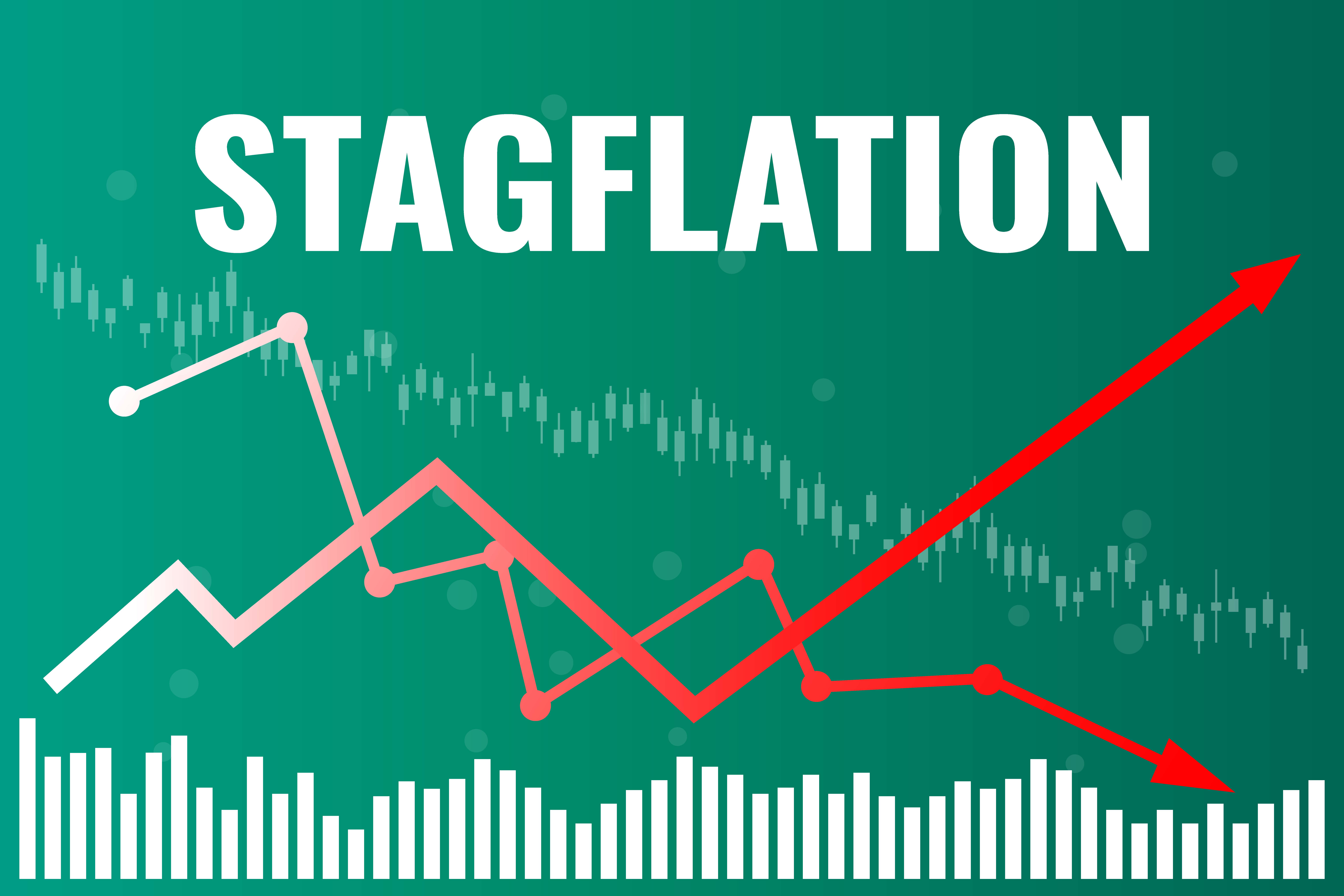Ask the Rational Investor: Is Stagflation Brewing?

For over a decade, I’ve been writing the Ask the Rational Investor article about being unemotional and investing for the long-term. Many investors find themselves trying to outwit the stock market rather than participate in the long-term compounding effect of great businesses.
Within the realm of staying rational an investor should always be aware of behavioral economics and different biases. A common investment bias, recency bias can skew investors attitudes in a variety of ways such as a fear of buying assets during a bear market because they are pessimistic about the future given the recent decline in asset prices.
Recency bias can also affect perception of long-term economic trends.
One large trend that looks to be changing is the outlook on core inflation. For over two decades global investors have experienced relatively low core inflation between 1.5-2.0%, a far cry from the decades before. In a post covid world many responses to supply chain management and international trade have become inflationary such as reshoring, tariffs, shifting away from oil and gas, and various forms of protectionism.
Many of the professional investors that remember high inflation rates are now retired. Active professional investors have mostly experienced a declining or low inflation rate environment and have a strong recency bias as a result.
A strong recency bias has led to markets not incorporating a shift upward in core inflation, but rather an expectation that inflation will fall back to the levels before Covid. It seems equally and perhaps more likely that a new normal is occurring with the inflation rate ranging from 2.5-4.5% compared to 1.5-2.5%.
The most profound impact of a shift upward in core inflation will result in increased volatility or the movement of asset prices and economic cycles. The Federal Reserve will now have to battle an environment where it can no longer bail out investors of a worrisome economic environment, but rather decide whether keeping inflation low (and interest rates restrictive) or stimulating the economy is the best long-term decision (reducing interest rates).
Threading the needle between inflation and growth has been relatively simple for the last twenty years since global inflation has been low, making the job of the Federal Reserve to stimulate economic growth. The Federal Reserve will likely have trouble during this upcoming transition.
Changes in the long-term interest rate outlook will gradually have an impact on the prices of all assets and the valuations investors will pay. Reviewing your portfolio today while prices are high is a good decision.
Beese Fulmer Private Wealth Management was founded in 1980 and is one of Stark County’s oldest and largest investment management firms. The company serves high-net-worth individuals, families, and non-profits, and has been ranked as one of the largest money managers in Northeast Ohio.
